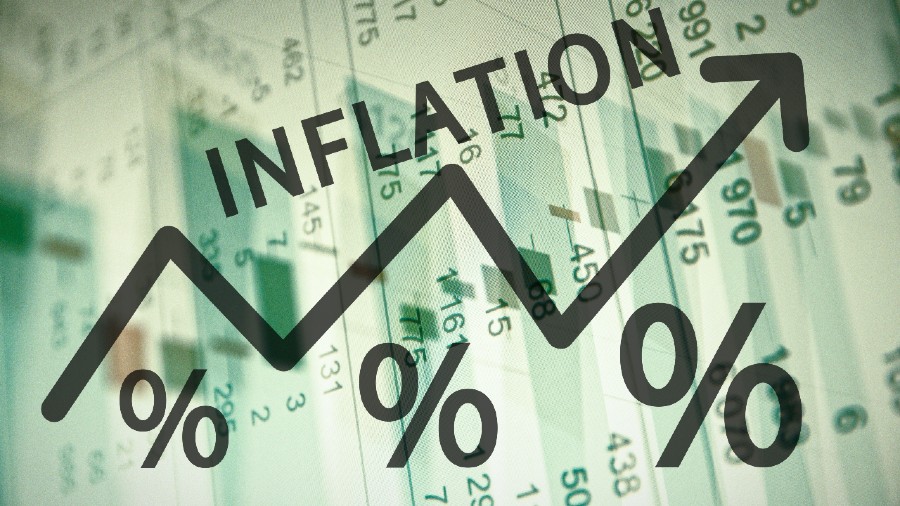The Reserve Bank of India has just increased the repo rate by 50 basis points to 4.9%. The Consumer Price Index inflation in April 2022 had climbed to 7.79% and the Wholesale Price Index inflation was at 15.08%. Food prices, fuel prices and manufactured goods prices, measured by core inflation, have all gone up recently. The United Nations and the World Bank have both cut the forecasts for India’s growth rates for the coming year. The RBI has left its growth forecast untouched but indicated that the repo rate might be hiked up further given the persistently high inflation rates. The CPI inflation rate being higher than 2-6%, which is the RBI’s window of tolerance, the central bank has shifted its policy stance away from pushing growth to controlling inflation. These have been difficult times for the RBI owing to the disruptions caused by the pandemic and in the international supply chains. This was complicated by the steady rise in the price of crude oil, the war in Ukraine and the climate change-induced heatwaves that have taken a toll on food grains production.
As far as the headline inflation comprising the food and fuel price movements is concerned, the RBI has little control. In terms of manufactured goods prices or core inflation, the RBI can exert some influence by raising the cost of credit and curbing liquidity growth in the economy. The current inflation in India has been triggered by a pent-up demand for goods and services after the abating of the pandemic as well as supply bottlenecks aggravated by the disruptions during Covid-19. These are real factors, and any monetary squeezing might actually worsen the situation. This is where the RBI’s policy actions will have hardly any impact. The RBI has made it clear that it is doing what it is expected to do in times like these, but the forecast for short-term inflation makes it amply evident that standard monetary policies are impotent at the moment.
Restoring economic growth and keeping inflation within limits are tasks that neither the RBI nor the government appears to be competent to deliver on. That inflation is a worldwide phenomenon does not absolve the RBI of not having acted earlier and having waited with a low interest rate regime for growth to kickstart the economy. It waited for growth to catch up first, and then readied itself to tackle inflation. It is now saddled with growth forecasts being curbed, along with inflationary forecasts being revised upwards.










